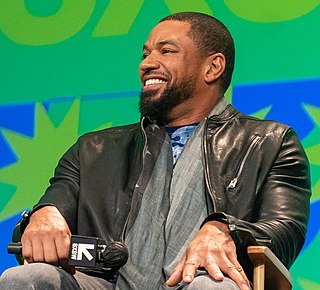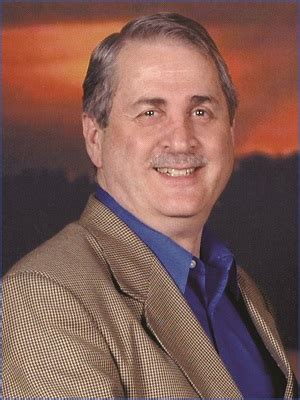A Quote by Tao Lin
I can discern that certain things have an effect on certain other things, but I don't view those effects as good or bad. If a context and a goal is defined, I could say if it's good or bad. But overall, I don't view things as good or bad.
Related Quotes
You know, I think a lot of times what happens when we as actors know we're playing a bad guy is we get into bad guy mode. You know what, man? In real life, bad people do good things too and good people do bad things. So you don't necessarily have to be the stereotypical bad guy to still do bad things.
The terms good and bad indicate no positive quality in things regarded in themselves, but are merely modes of thinking or notions, which we form from the comparison of things one with another. Thus one and the same thing can be at the same time good, bad, and indifferent. For instance, music is good for him that is melancholy, bad for him that mourns; for him that is deaf; it is neither good nor bad.
When it comes to partisan politics, everyone is a hypocrite. And all they care about is whether it hurts or helps them ... Is it good or bad for the Democrats? Is it good or bad for the Republicans? Is it good or bad for Jews, or good or bad for blacks, or is it good or bad for women? Is it good or bad for men? Is it good or bad for gays? That's the way people think about issues today. There is very little discussion of enduring principles.
I don't believe that if you do good, good things will happen. Everything is completely accidental and random. Sometimes bad things happen to very good people and sometimes good things happen to bad people. But at least if you try to do good things, then you're spending your time doing something worthwhile.
The film industry is a great industry, with infinite possibilities for good and bad. Its primary purpose is to entertain people. On the side, it can do many other things. It can popularize certain ideals, it can make education palatable. But in the long run, the judge who decides whether what it does is good or bad is the man or woman who attends the movies.





































